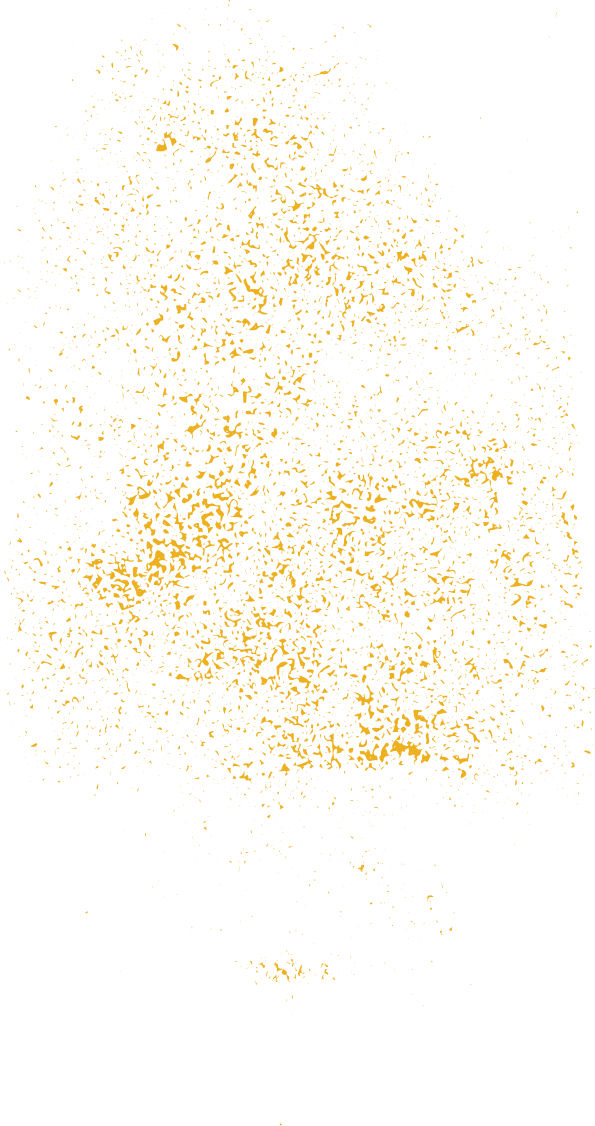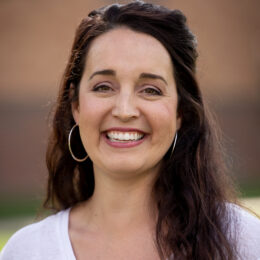Department of Psychology
Psychology is the science of the mind and behavior.
The psychology curriculum concentrates on the normal course of human development. Courses emphasize the impact of environmental context on the behavior of individuals. With a psychology major you’ll:
- gain an understanding of the basic concepts and methods used in psychology;
- appreciate the relationship of psychology to other disciplines, particularly those in the behavioral sciences;
- prepare for:
- graduate work in psychology;
- professional training in such fields as social work, medicine and education; or
- work in such fields as business, education and mental health.

The reason I chose Manchester was the Psych department, and because of that I have the great opportunity of being a psychology student assistant. Super fun. I get a lot of experience that I don’t think you could really get anywhere else.
Avery Stockwell, Psychology
Department Life
Co-Curricular Activities
Psych Society
Psych Society is a student organization focused on networking among psychology enthusiasts and providing stimulating activities.The organization is designed to equip students with a better understanding of psychology and related fields of interest. The organization provides activities such as graduate school trips and lectures, guest lecturers from both the field and faculty, movies, alumni visits, support and study groups, and numerous social events. The only requirements for membership are the desire to learn more about psychology and to have fun! Psych Society does not discriminate on the basis of major, minor, or any other pertinent categories. For information, contact Professor Marcie Coulter-Kern, advisor (x5944).
Learn more and connect with the Psych Society
Psi Chi
Psc Chi is a national honor society whose purpose is to encourage, stimulate, and maintain excellence in scholarship of the individual members in all fields, particularly in psychology, and to advance the science of psychology. In order to be a member of Psi Chi a student needs to place academically in the top 35% of their class, complete 3 semesters of university courses, and complete 9 hours of psychology courses. Potential members can read more about Psi Chi and the benefits of membership, and print membership applications.
Study Abroad
Each January psychology students have the chance to “study away.” With trips to Hawaii, Disney, France, and much more at their fingertips, students are encouraged to have new experiences without the commitment of a semester or year abroad. Students travel with Manchester University professors to faraway places and learn about social psychology, customer experience, and other psychology-related topics. In January 2020, students travel with Rusty and Marcie Coulter-Kern, professors of psychology, to France. One student on the trip, Robin Berghoff, shared “We are incredibly lucky to have been able to have such incredible opportunities for learning and cultural growth.”
Meet the Faculty
Psychology Department Research
Research Labs
Transcranial Direct-Current Stimulation (tDCS)
In the stimulation lab we use transcranial direct-current stimulation (tDCS). We apply this causal neuroscientific technique to either up-regulate or down-regulate the targeted area of the brain. In this lab, students have the hands-on opportunity to learn real neuroscientific techniques. Students working in this lab present their research at conferences like the annual meeting of the Midwest Psychological Association (MPA) and the annual meeting of the Society for Neuroscience (SfN). Importantly, all psychology students who express a desire to work in the labs are welcome and subsequently have the opportunity to present their research at conferences and potentially co-author peer-reviewed publications.
Behavioral Lab
In the behavioral lab we collect reaction time and accuracy data from subjects who are completing a variety of tasks. We currently specialize in examining visual attention and visual memory. Students who work in this lab present their research at conferences like the annual meeting of the Midwest Psychological Association (MPA) and the annual meeting of the Psychonomic Society. Importantly, all psychology students who express a desire to work in the labs are welcome and subsequently have the opportunity to present their research at conferences and potentially co-author peer-reviewed publications.
Recent Research
The Psychology Department at Manchester University has a strong record of undergraduate student research. This research is showcased every spring at a number of undergraduate research conferences. Psychology students often attend the following conferences: Butler University Undergraduate Research Conference, Ohio Undergraduate Research Conference, Chicago Area Undergraduate Research Symposium, Manchester-Bluffton-Goshen Psychology Conference, and the Manchester University Student Research Symposium.
A journal article co-authored by Jessica Bostic `15 and Professor Ashleigh Maxcey was accepted for publication in the peer-reviewed journal, Visual Cognition. The title of the paper is “Activating learned exemplars in children impairs memory for related exemplars in visual long-term memory”. The project was funded by an external grant from Psi Chi, the national honors society in psychology. Jessica is going on to graduate school at Ball State.
MU Student Research Symposium
The students listed below presented at the Manchester University Student Research Symposium. Congratulations on the acceptance of their original, scholarly work!
- Kaitlyn Dewitt, Margo Hess, Taylor Jantzi, and Megan Spice: “The Relationship between Job Performance and Job Satisfaction in College Students”
- Brandy Leeper and Trinity Schelich: “Students’ Perceptions of Sexual Assault at a Small Liberal Arts College”
- Ashley Landrum, Louise Magiera, and John McCall: “Parental Involvement and College Student Academic Success”
- Andrew Kurtz and Derek Jones: “Reasons Why Students Return to College: A Qualitative Analysis”
- Ashlea Koehl and Jessica Bostic: “The Effects of Vocal Cue-Training on Lie Detection”
- Emily Goins and Stephanie Wilson: “The Last Time I Went to a Cocktail Party, I Lost My Poodle Skirt”
- Dylan Hiner, Ted Maldonado, and Jessica Stafford: “Remembering the Get-Away Car Hurts Your Memory for the Robber: Retrieval-induced Forgetting for Visual Images”
Bluffton/Manchester/Goshen Research Symposium
Every year, the Department of Psychology attends and presents original research at the Bluffton University-Manchester University-Goshen College Undergraduate Research Symposium.
Each school alternately hosts this event. The students below presented at this year’s symposium, hosted by Bluffton University.
- Dylan Hiner, Ted Maldonado, and Jessica Stafford: “Remembering the Get-Away Car Hurts Your Memory for the Robber: Retrieval-induced Forgetting for Visual Images”
- Amanda Fogle, Samantha Green, and Alex Shaffer: “The Last Time I Went to a Cocktail Party, I Lost My Poodle Skirt”
- Trinity Schelich and Brandy Leeper: “Students’ Perceptions of Sexual Assault at a Small Liberal Arts College”
- Kyle Knepp and Jordan Littlejohn: “Students’ Perceptions About Graduate School Admissions Criteria”
Butler Undergraduate Research Conference
Psychology students at Manchester also present their original research at an annual conference hosted by Butler University.The students listed below presented at the 25th Butler Undergraduate Research Conference. Congratulations on this exciting accomplishment!
- Meredith Cors, Courtney Mensing, Noah Kasper, and Cassondra McGushion: “Cross-Validation of Four Indicators of Malingering”
- Ashley Landrum, Louise Magiera, and John McCall: “Parental Involvement and College Student Academic Success”
- Kyle Knepp and Jordan Littlejohn: “Psychology Student Beliefs about Graduate School Admission Criteria”
- Derek Jones and Andrew Kurtz: “Reasons Why Students Return to College: A Mixed Methods Analysis”
- Trinity Schelich and Brandy Leeper: “Students’ Perception of Sexual Assault at a Small Liberal Arts College”
- Ashlea Koehl and Jessica Bostic: “The Effects of Vocal Cue-Training on Lie Detection”
- Taylor Jantzi, Megan Spice, Kaitlyn DeWitt, and Margaret Hess: “The Relationship between Job Satisfaction and Job Performance in College Students”








